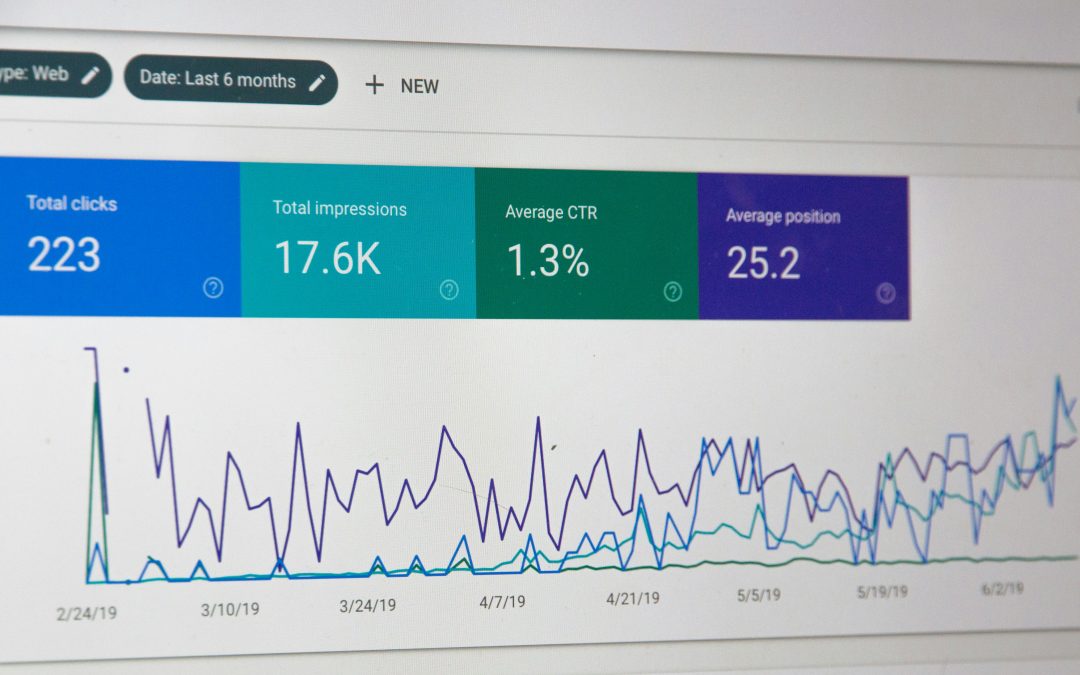Google’s John Mueller recently addressed a query about keyword cannibalisation, offering guidance on where SEO efforts should be directed instead.
He responded to a question regarding cases where several pages rank for the same search terms. While he acknowledged the value of minimising duplicate content, Mueller also suggested that concerns over keyword cannibalisation are often overstated.
What Is Keyword/Content Cannibalization
Some believe that websites may struggle to rank when several pages target the same keyword phrases, linking it to the wider SEO concern over duplicate content. The term “keyword cannibalisation” is often used as a broad label for pages with similar topics that fail to perform well.
The issue with using the term is that it does not point to any clear fault within the content itself. This lack of precision is why many turn to John Mueller for clarification, as the concept of keyword cannibalisation remains vague and not especially useful in practical SEO terms.
SEO Confusion
An SEO recently raised confusion about Google’s recent &num=100 change, which prevents rank tracking tools from scraping 100 search results at once. Some tracking platforms are now suggesting they may only provide ranking data up to the top 20 positions. While this impacts how rank trackers collect information, it has no effect on Google Search Console, other than offering a clearer picture of performance.
The SEO appeared to misunderstand this update, believing that Search Console no longer reports impressions for results beyond the top 20. This assumption is incorrect.
It’s important to note that John Mueller did not specifically address this query, as the issue stems from a simple misinterpretation.
The original question posed was:
*“If now we are not seeing data from GSC from positions 20 and over, does that mean in fact there are no pages ranking above those places?
If I want to avoid cannibalisation, how would I know which pages are being considered for a query, if I can only see URLs in the top 20 or so positions?”*
Different Pages Ranking For Same Query
John Mueller has said that having several pages rank for the same search query is not an issue. In fact, he suggests it can be a positive outcome rather than something to worry about. I share the same view – multiple pages showing up for a single keyword phrase doesn’t signal a problem, it can actually be beneficial.
Mueller clarified that Search Console only displays data when pages genuinely appear in search results, not as a hypothetical scenario. So, if two or more pages are ranking for the same query, it simply reflects reality, not an imagined overlap. In his words, that doesn’t really amount to “cannibalisation.”
He went on to explain that having three different pages listed in the same search results shouldn’t automatically be seen as harmful. What matters is the context: how your website is structured and how users interact with the content.
While it is sensible to reduce unnecessary duplication and focus on creating strong, high-quality pages, pages aren’t automatically duplicates just because they appear together in search results. Mueller compared it to liking cheese — there can be many relevant but very different pages about cheese, from shops and recipes to tools and pairings, without any of them being true duplicates.
Actual SEO Problems
Having more than one page rank for the same keyword isn’t an issue at all – in fact, it can actually be a positive sign. What is a problem is when none of the pages manage to rank.
There are a number of genuine reasons why content on similar topics might fail to perform well in search. For example, if a page is overly long and loses focus, it may struggle to rank. Similarly, content padded out with irrelevant sections can harm visibility.
Poor internal linking is another common problem, as is having pages that are too thin or lacking in substance. In some cases, the issue lies in publishing multiple pages that are virtually identical, which confuses search engines and dilutes their impact.
These are the real underlying causes that prevent content from ranking. Labelling them as “keyword cannibalisation” doesn’t get to the root of the problem – it’s just a vague term that masks more practical issues. The focus should be on fixing these weaknesses rather than worrying about cannibalisation as a concept.
Takeaway
The ongoing debate about keyword cannibalisation often reveals more about the SEO industry’s willingness to accept neat-sounding concepts than it does about how Google actually works. The topic comes up repeatedly, largely because many practitioners have an instinctive feeling that something must be wrong when several pages rank for the same search term.
In reality, this tendency to apply a simple label to complex ranking issues reflects a common human bias: we like clear, easy explanations rather than digging into more nuanced causes. Yet, as John Mueller points out, the real concern is not whether multiple pages appear for the same query, but whether those pages deliver value, are properly linked, and remain focused enough to satisfy the user’s intent.
What is often called “content cannibalisation” usually turns out to be something else entirely. Instead of worrying about the label, it’s more productive to step back and evaluate the pages as a reader would. Are they clear? Do they answer the query effectively? Is the internal linking structured to support them properly?
When examined closely, keyword cannibalisation tends to disappear as a concept, revealing the genuine issues underneath – whether that’s unfocused content, poor linking, or weak user value.
More Digital Marketing BLOGS here:
Local SEO 2024 – How To Get More Local Business Calls
3 Strategies To Grow Your Business
Is Google Effective for Lead Generation?
How To Get More Customers On Facebook Without Spending Money
How Do I Get Clients Fast On Facebook?
How Do You Use Retargeting In Marketing?
How To Get Clients From Facebook Groups
